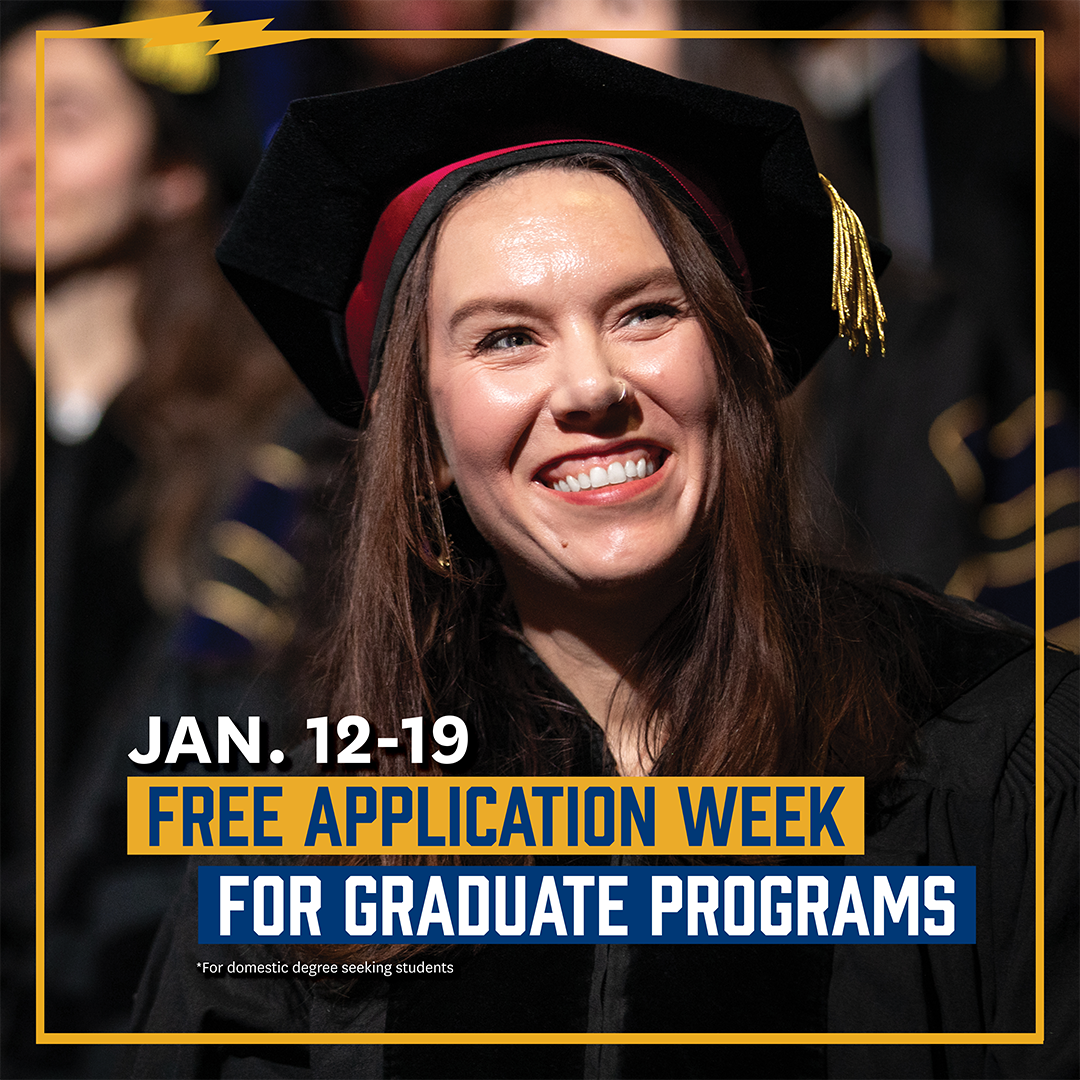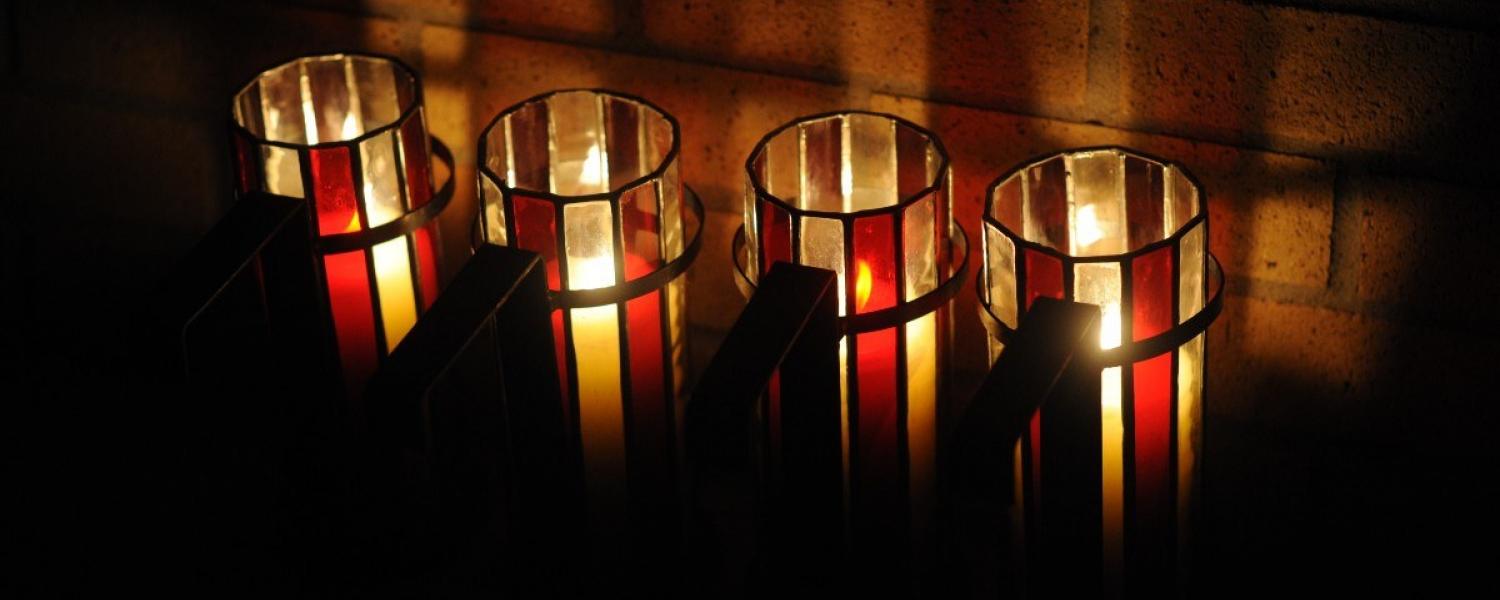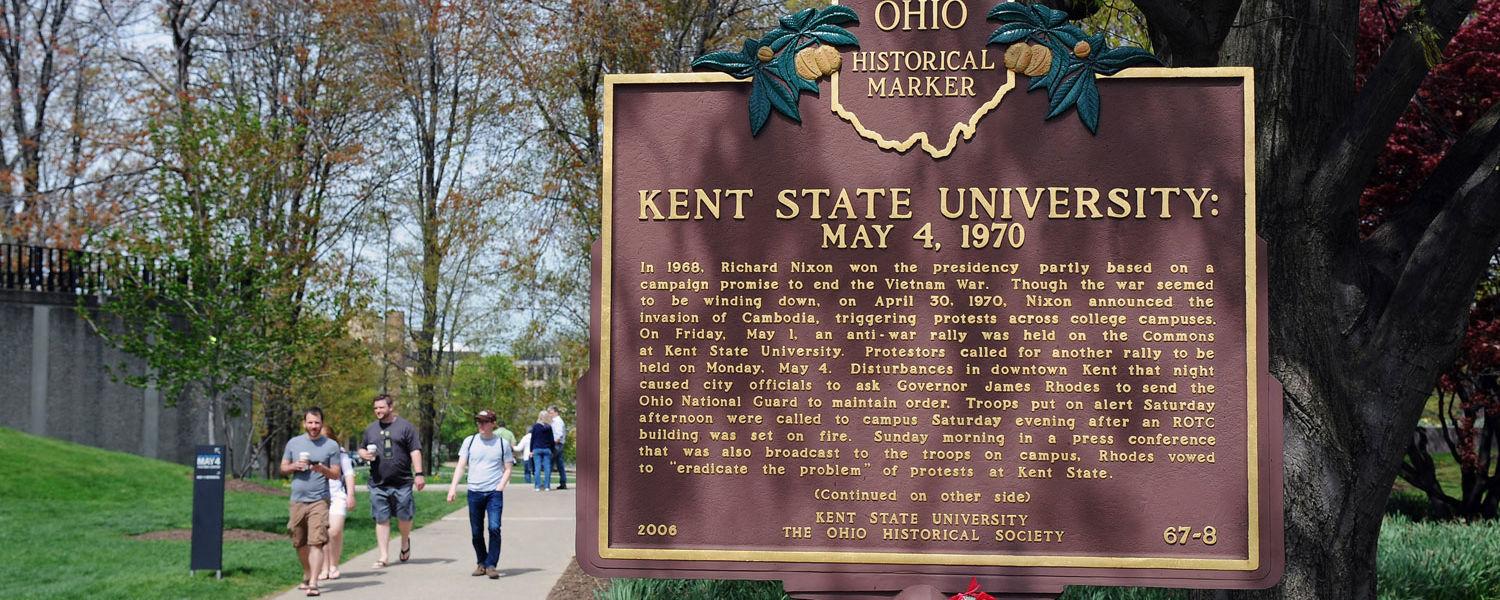Welcome to the School of Peace and Conflict Studies, where we are dedicated to developing in our students the knowledge and skills to bring about positive peaceful change.
As a hub for academic excellence and research in the field of conflict resolution and peace studies, we invite you to explore our diverse programs and join us in shaping a better future.
Experience SPCS
Interested in our graduate program?

What You Can Do With SPCS
Featured News
Apr 25, 2025
Apr 25, 2025
Contact Us
Email: spcs@kent.edu
Phone: 330-672-3143
Fax: 330-672-0668
Need help resolving conflict?
Find Conflict Resolution Services on campus.
The SPCS Listserv sends out periodic emails about jobs, internships, news and events related to conflict management and social change. Sign up to join the listerv.












